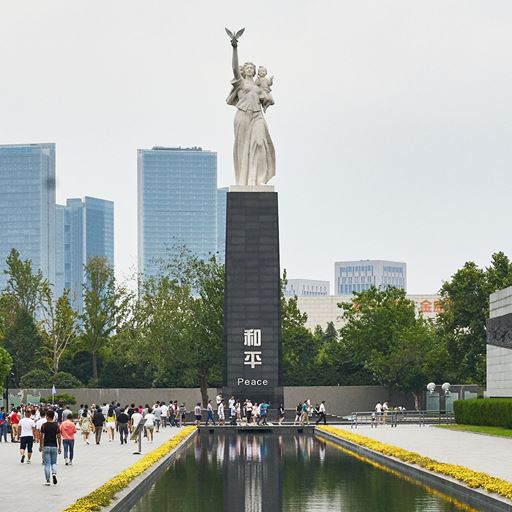Website launched to map remembrance of World War Two in Asia
-
Date
Thu 13 Jul 17

Over the past few decade we've seen a rapid growth in museums, memorials, commemorative rituals, battlefield tours and re-enactments emerging across Asia, all dedicated to the conflicts of the twentieth century – most notably among them, the Second World War.
The War Memoryscapes in Asia Partnership (WARMAP), led by the University of Essex and funded by the UK’s Leverhulme Trust, brings together scholars from Europe, Asia and Australia to trace these trends and developments by developing an international and interdisciplinary network.
The new WARMAP website maps out and contextualises over 100 Second World War memorial sites in South, East and Southeast Asia, a list that continues to grow. The website also offers students and scholars of war and memory in Asia the chance to keep up to date with the latest publications on the topic, read about voices of the war which have not been heard until now or listen to video podcasts where the WARMAP team regularly discusses memory sites across Asia, both old and new.
The WARMAP team cover both the multiple sites and events commemorating Asia's violent pasts, and the social and political forces which give rise to such heritage and memory practices today. Activities include a series of international workshops, seminars, training sessions, scholarly publications and online resources.
The latest ‘talking point’ videos by the WARMAP team cover Hiroshima, Nagasaki and Nanjing.
The WARMAP site also publicises the network’s public activities. The next event will be an international conference titled Exhibiting the Fall: Remembering and Representing War and Its Aftermath in Asia which will focus on the Fall of Singapore in 1942, which is jointly organised with and hosted by the National Museum of Singapore and will take place on 4-5 September 2017.
Dr Daniel Schumacher, from the Department of History at Essex, said: "By exploring the war in Asia and its remembrance, which is still highly contested in the region and the source of frequent political squabbles between countries like China, Korea and Japan, we move into focus on historic players that have thus far been woefully neglected and marginalized by a Euro-centric view on the conflict.
"We also challenge the commonly held perception that the Cold War, for example, was the principal driver behind Asia's 'memory boom' of the past three decades and unpack the regional and transnational mechanisms in Asia that are more relevant."




